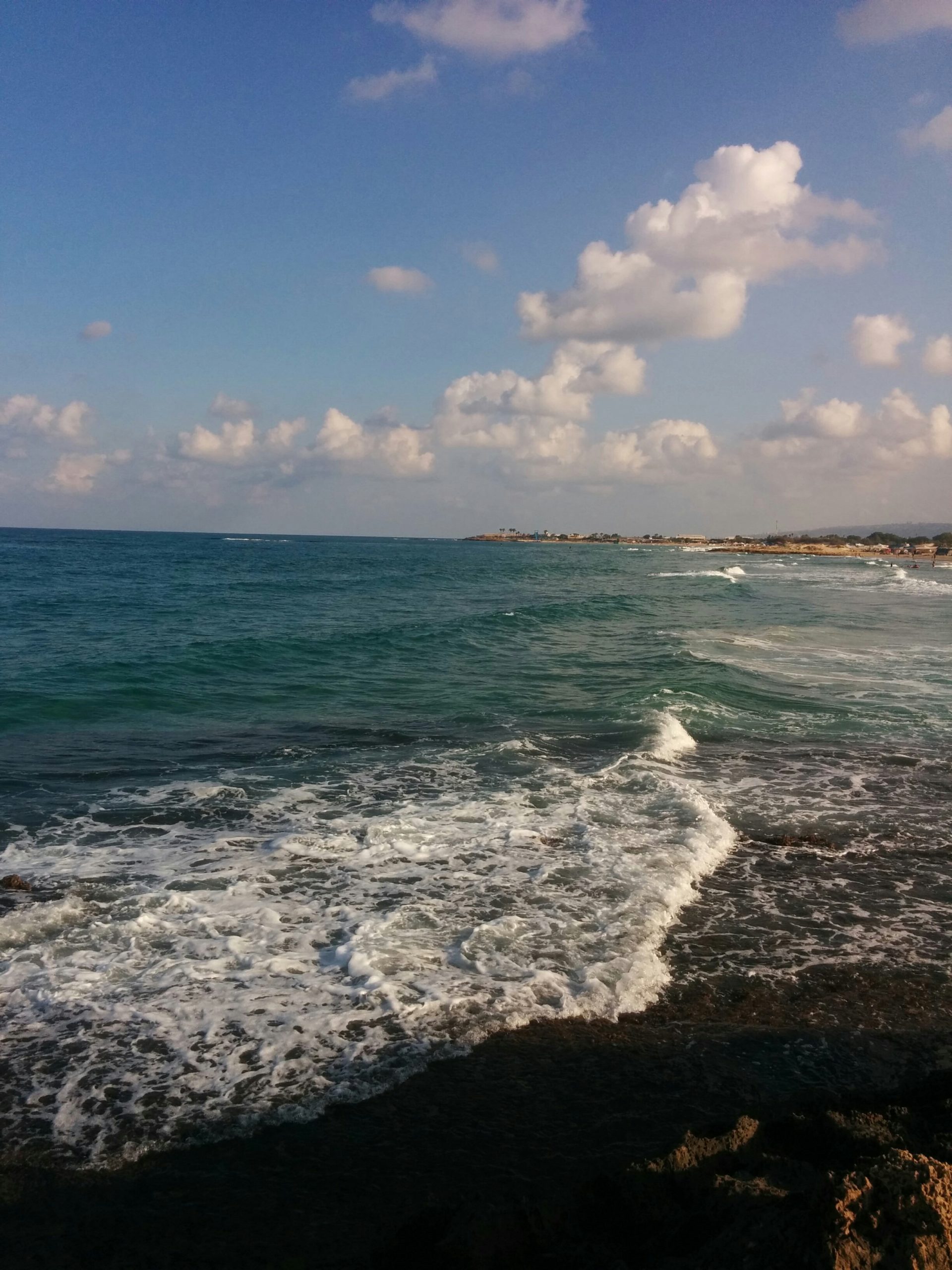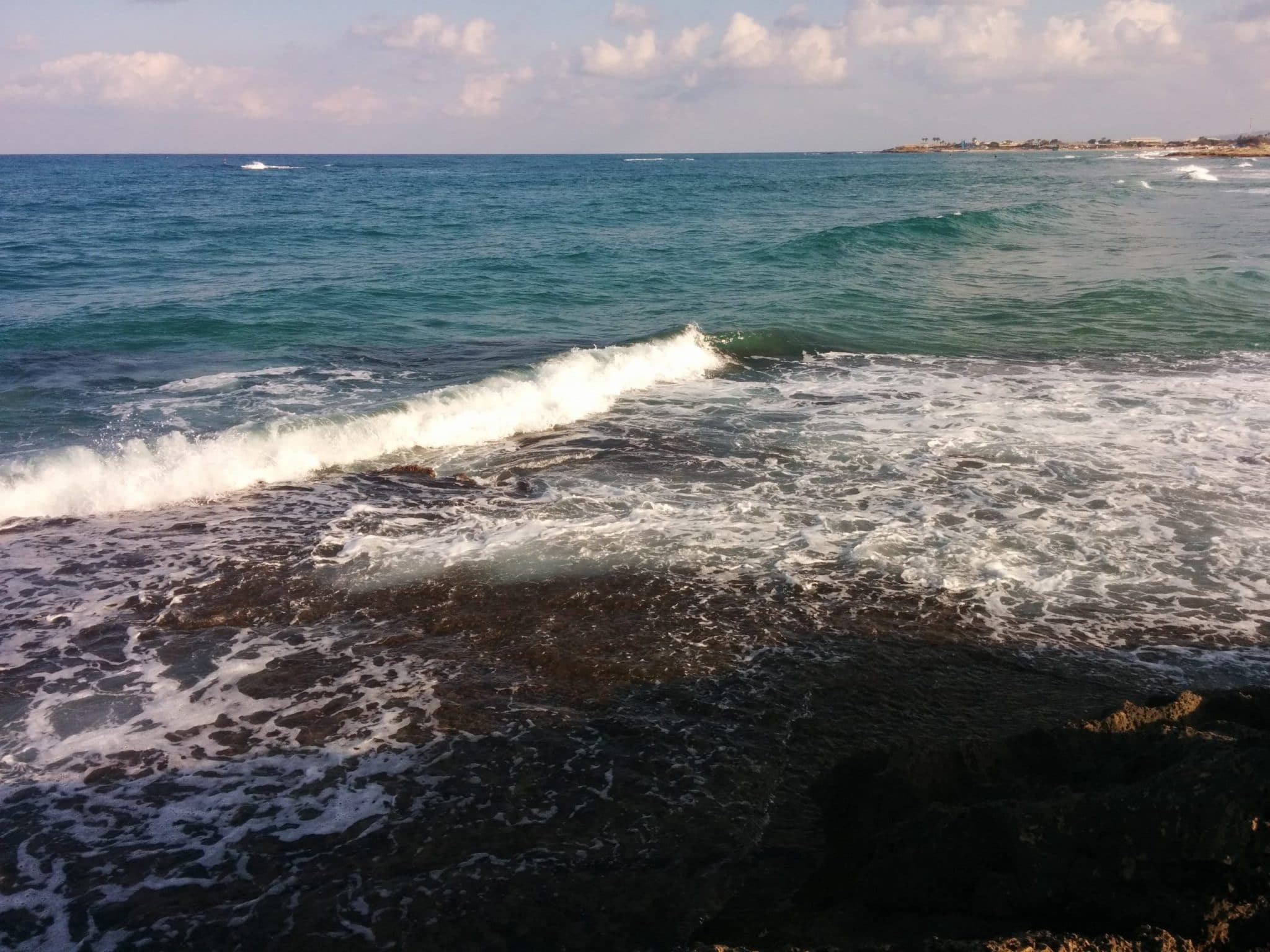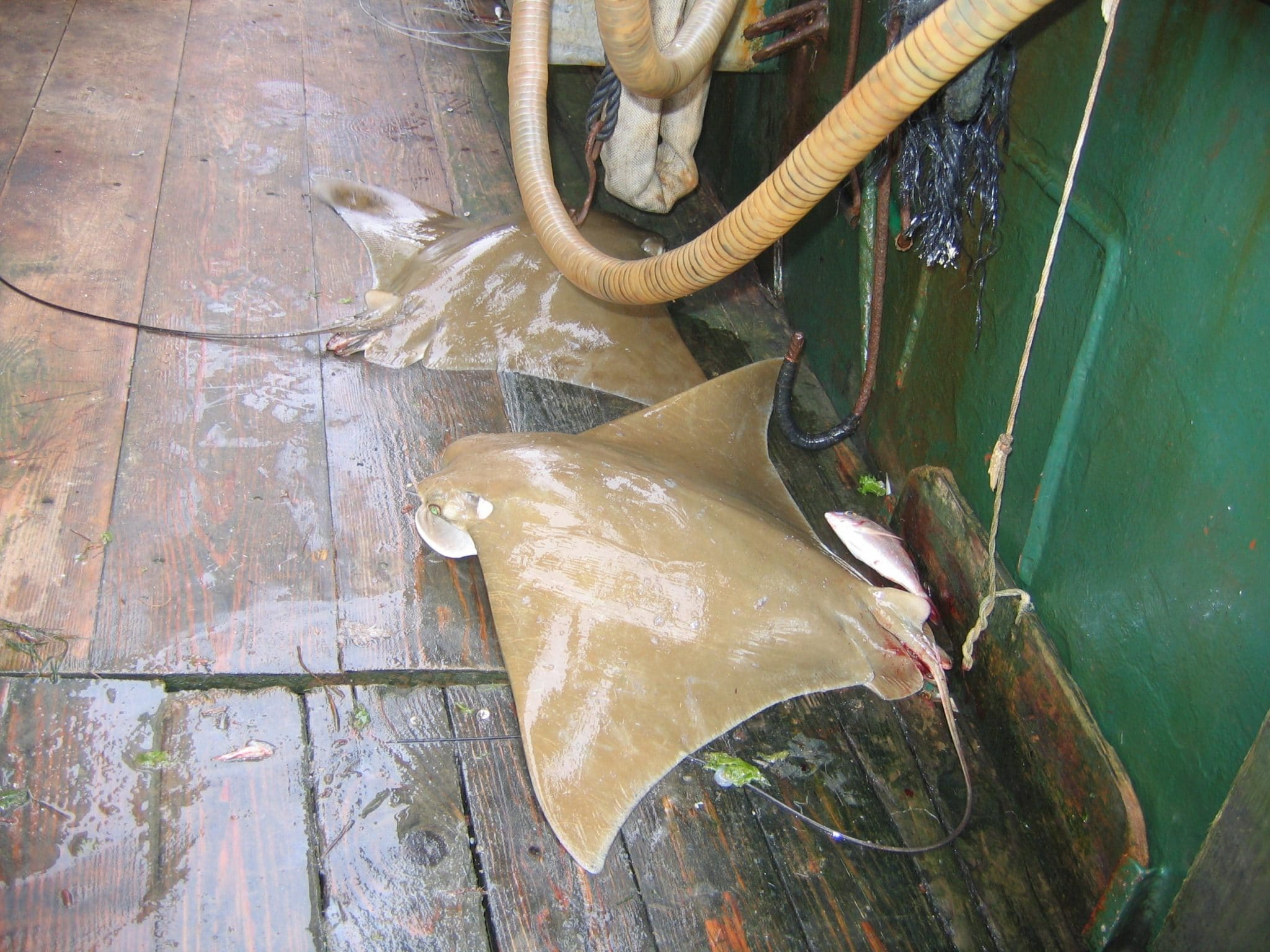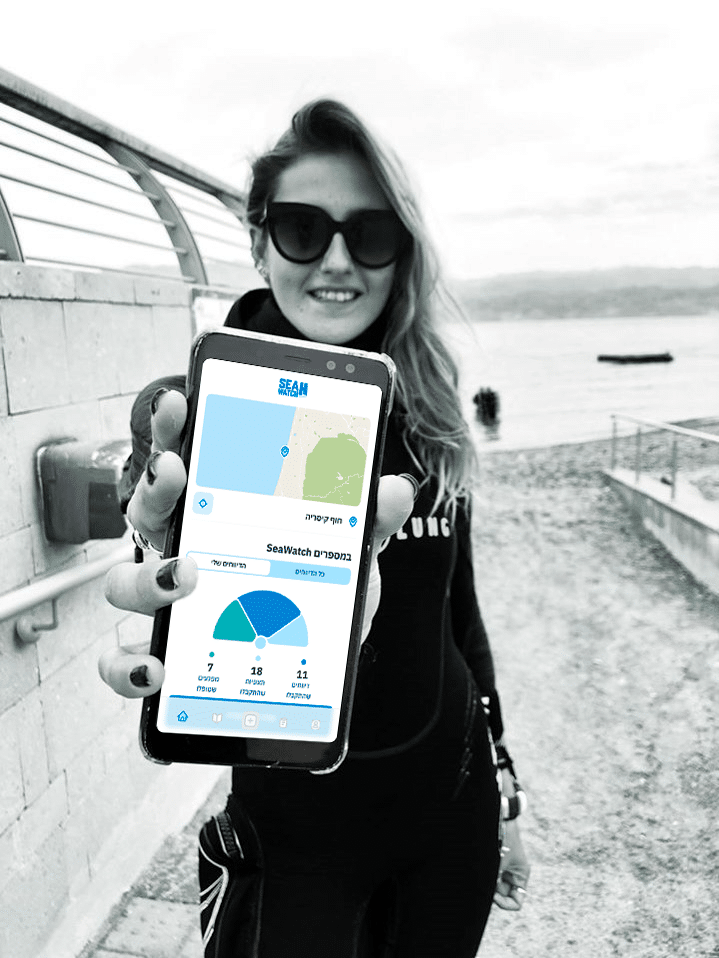1.Marine nature reserves – our activity was instrumental in designating the "Achziv–Rosh Hanikra", "Rosh-Carmel" and "Palmahim slide/disturbance" marine reserves as No-take reserves.
We worked closely with the planning administration, to establish a national policy of no-fishing in marine reserves.
2.Fisheries Management – After an intensive 4 years campaign, including a few appeals to the High court of justice, the parliament have adopted (2016) the amendment to the fishing regulations we have compiled. The new regulations have established, for the first time, a fishing moratorium in the breeding and recruitment seasons, a ban on spearfishing while scuba diving, a bottom trawling closure on 40% of the territorial waters, and a bag limit on sport fisherman. Restrictions to increase fishing gear selectivity were also set.
We have also pushed for the allocation of enforcement responsibility, from the ministry of agriculture to the nature and parks authority, and to the establishment of a novel marine enforcement unit responsible for fishing regulations (2018).
3.Marine spatial planning – we have lobbied extensively for the mainstreaming of ecological considerations in the Israeli MSP plan, that was approved in 2019.
4.Endangered species protection – We have appealed to the High court of justice for the protection on 5 grouper species and the Bluefin Tuna. The Goldblotch grouper was declared as protected on April 21, and the Dusky grouper was only partially and temporarily declared protected. We will pursue further protection for more species in the near future.
5. Public participation in marine conservation – almost 10,000 people have already downloaded the Sea Watch application. The numerous public reports have enabled (through strong collaboration with government enforcement bodies) dozens of successful Illegal fishing enforcement events, dozens of ghost nets removals, and a few exiting sea turtle rescues.
Contact person – Alon Rothschild, alon@spni.org.il
















